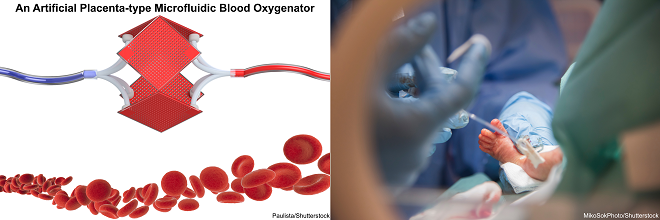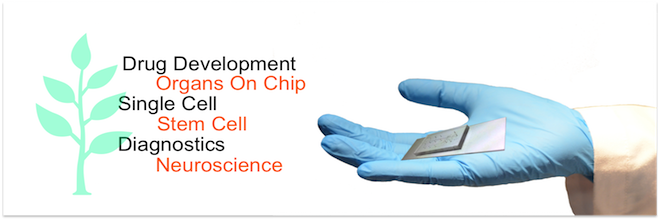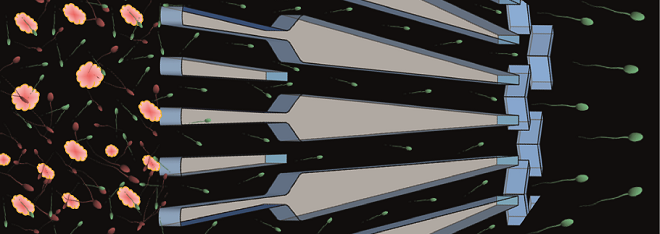
The lungs are the last organs to develop and mature before birth. A preterm baby, born earlier than 37 – 39 weeks of pregnancy, will have underdeveloped lungs and consequently…

The lungs are the last organs to develop and mature before birth. A preterm baby, born earlier than 37 – 39 weeks of pregnancy, will have underdeveloped lungs and consequently…

A Most Frequently Asked Question is posed in the May 2018 Cell Science headline: “Will Microfluidic Cell Culture Fulfill its Long-awaited Potential?” The article notes that the first research papers on…

From antibiotics to antihistamines, every reader has at some point benefited from the range and power of modern medicines. But the cost of drug development is a bitter pill to…

In conventional laboratories, a range of available technologies enables scientists to genetically engineer cells, study their migration patterns, determine their mechanical properties and even analyze genetic differences. Nevertheless, protocols for…

When I started my pursuit to become a Biomedical Engineer, the last thing I would have ever thought I would end up working in is microfluidics. And why is that?…

Science and technology are becoming more democratized, and more a part of public debate. At the same time, there is great distrust towards advanced biomedical and life sciences technology1. Public…

Sequencing has created a lot of buzz in the last few decades and now is a big industry with many commercially available machines that can sequence genes ranging from few…

Humans have always been fascinated with reverse engineering, whether to create Frankenstein or artificial organs. This science fiction is slowly becoming a reality using organ-on-chip and tissue engineering technology. In…

In 2007, Doug Oliver nearly hit two pedestrians while driving his car, and then turned a corner and almost hit a third. He had not seen the pedestrians at all….

Infertility is an ever-increasing public health concern. More than 70 million couples worldwide have experienced infertility issues at least once in their life. This number is one out of each…